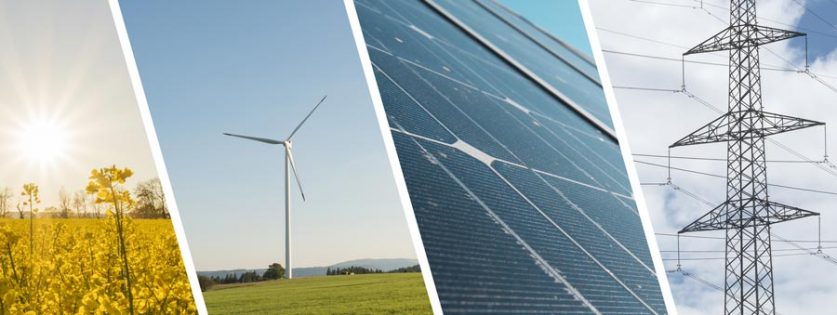
Although Britain is now generating nearly a third of its energy from renewable sources, more than a quarter of businesses see renewable energy as a passing fad and are reluctant to make the switch to green suppliers and tariffs.
A survey by B2B energy supplier Haven Power of 1,000 utilities decision makers from firms across the UK found that 27% are sceptical of the long-term durability of renewable energy. Companies in the financial sector were the most doubtful, with 40% of firms questioning whether green energy is really here to stay.
“It’s concerning to see the proportion of businesses that still view renewable energy as a passing trend, despite evidence showing that a move to cleaner energy is essential for the environment,” said Paul Sheffield, Chief Operating Office of Haven Power.
Despite the scepticism of a minority, nearly three-fifths of (59%) businesses believe renewable energy is key to protecting the environment and ensuring a clean future, and a similar portion are interested in generating their own energy. The agricultural sector leads in both awareness of renewable energy and uptake.
Among those in the manufacturing industry, three in five recognise that their sector is most responsible for carbon emissions.
Among those reluctant to embrace renewable energy, 37% cited cost as the largest barrier. 24% cited lack of government support; recently subsidies for renewable energy have been slashed, feed-in tariffs eliminated, and the Renewable Obligation (RO) scheme closed to new applications.
Almost another quarter (23%) of utilities decision makers said they were unsure how to raise the issue of renewable energy to senior management.
“It’s clear more needs to be done to demonstrate the wider opportunities and benefits of renewable energy for businesses,” Sheffield said.
Utility decision markers in UK businesses put the burden of that education on suppliers: 80% feel it is the responsibility of energy companies to inform businesses about the different types of energy available. When it comes to reducing emissions and protecting the environment, 58% feel the main duty lies with those energy suppliers. 47% thought the government needed to take responsibility, while 46% felt manufacturers should.
Haven Power also found that businesses in the retail and hospitality industries are particularly reluctant to embrace renewable sources of energy because they believe sustainability isn’t a priority for their customers.
“It’s surprising that an industry employing a large number of environmentally-conscious millennials, such as hospitality and entertainment, are seemingly ignoring the environmental agenda,” Sheffield said. “Organisations must recognise that it’s more than just customers who deliver business success, and they may be impacting their ability to attract and retain the best talent.
Despite scepticism from some sectors, take-up of renewable energy among businesses has reached record highs. Research from Bloomberg New Energy Finance (NEF) found that worldwide, businesses have sourced 7.2GW of energy so far in 2018, a significant increase over the 5.4GW businesses they sourced in the entirety of 2017.
Meanwhile, more than 140 firms are now signed onto to the Climate Group’s RE100 initiative, committing to using 100% renewable energy, creating 184TWh of demand for renewable electricity annually, a figure that Bloomberg NEF predicts will rise to 197TWh by RE100’s target date of 2030.




